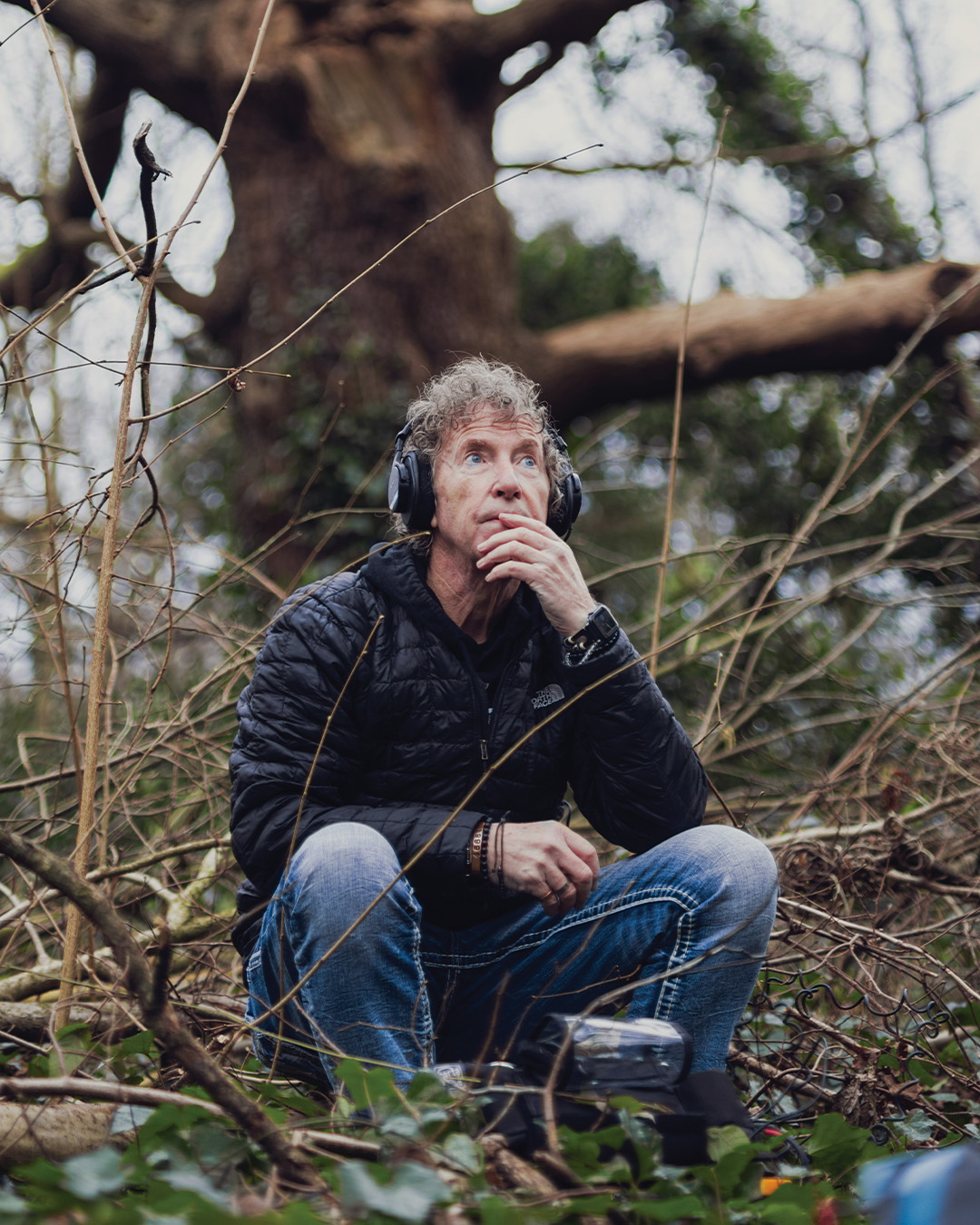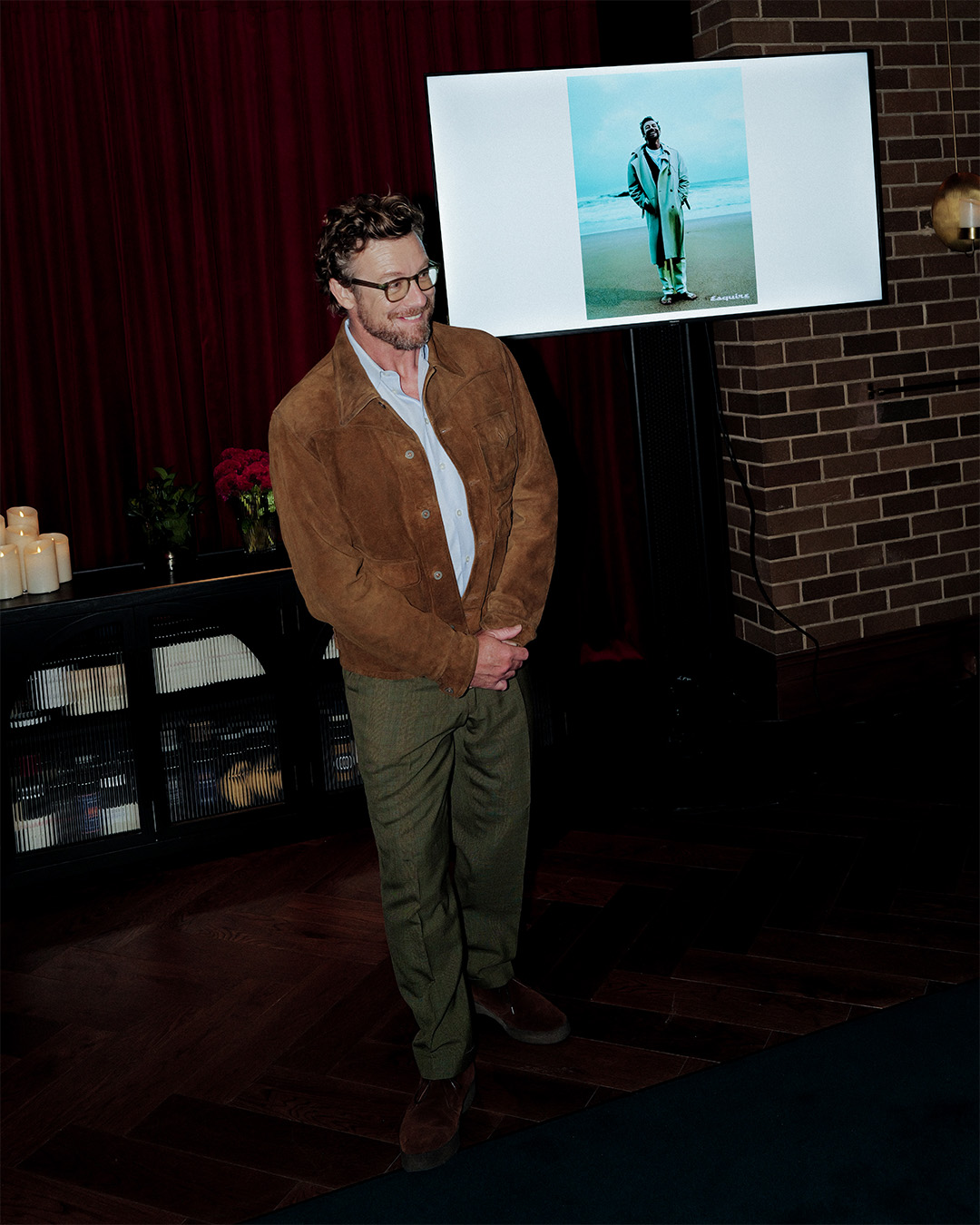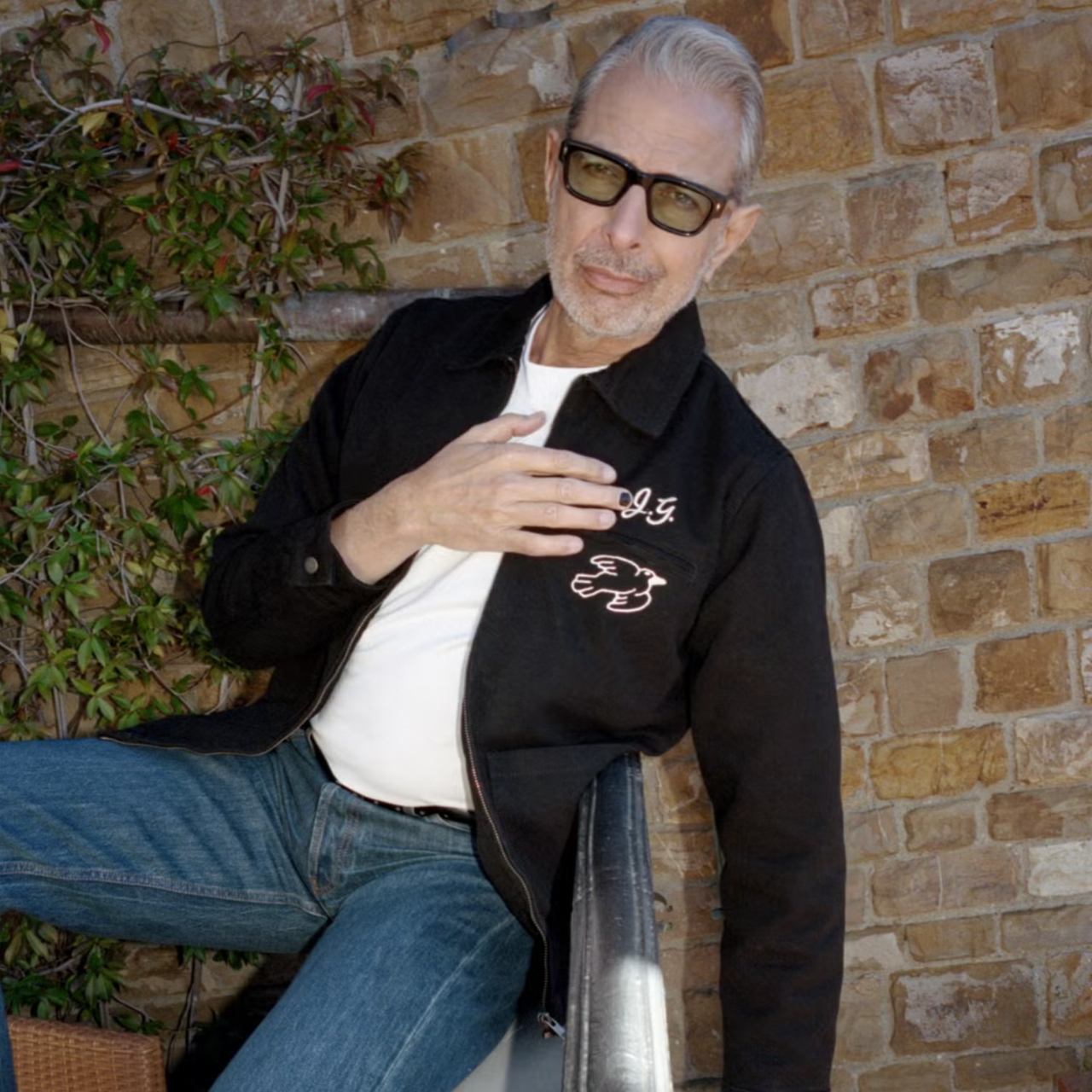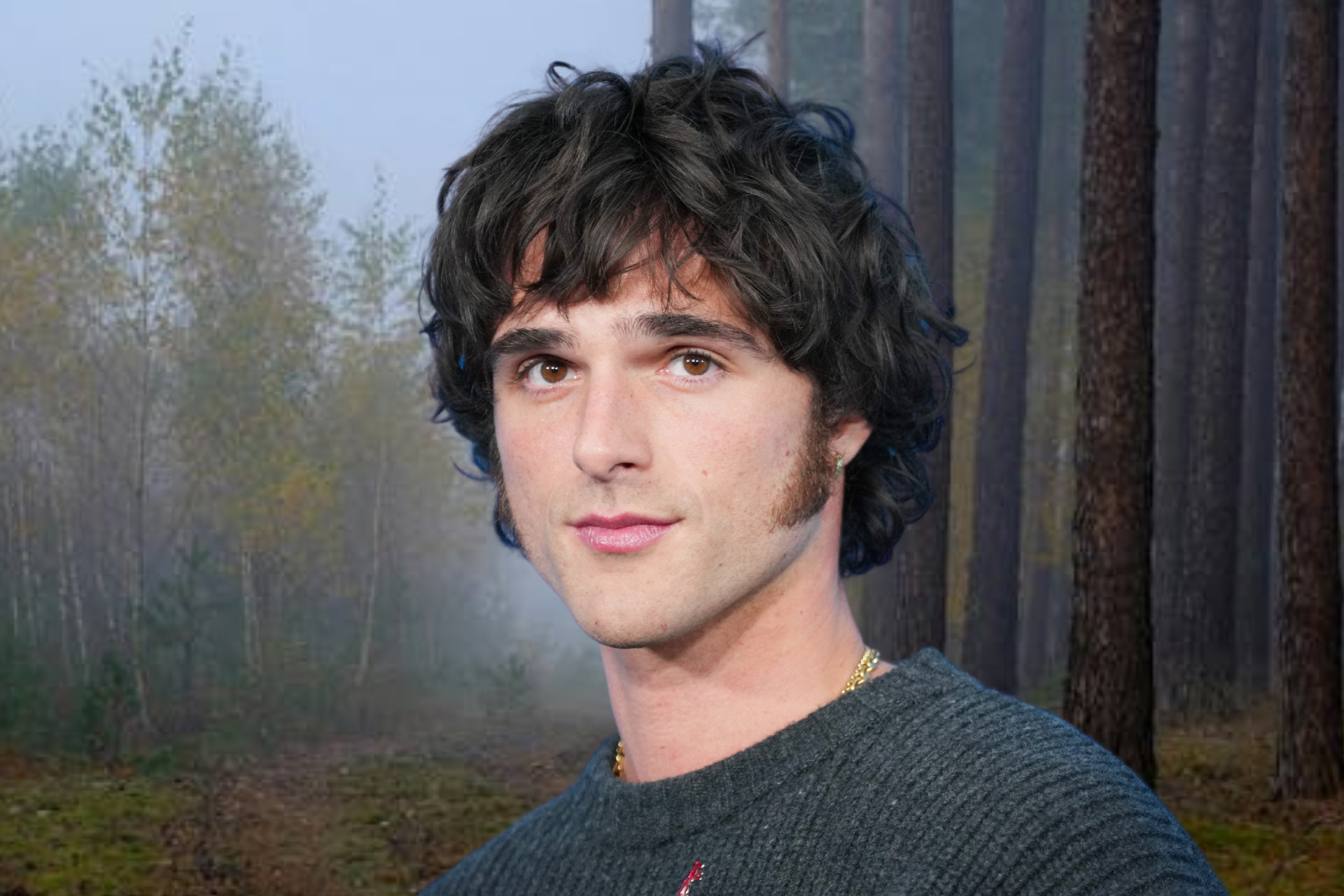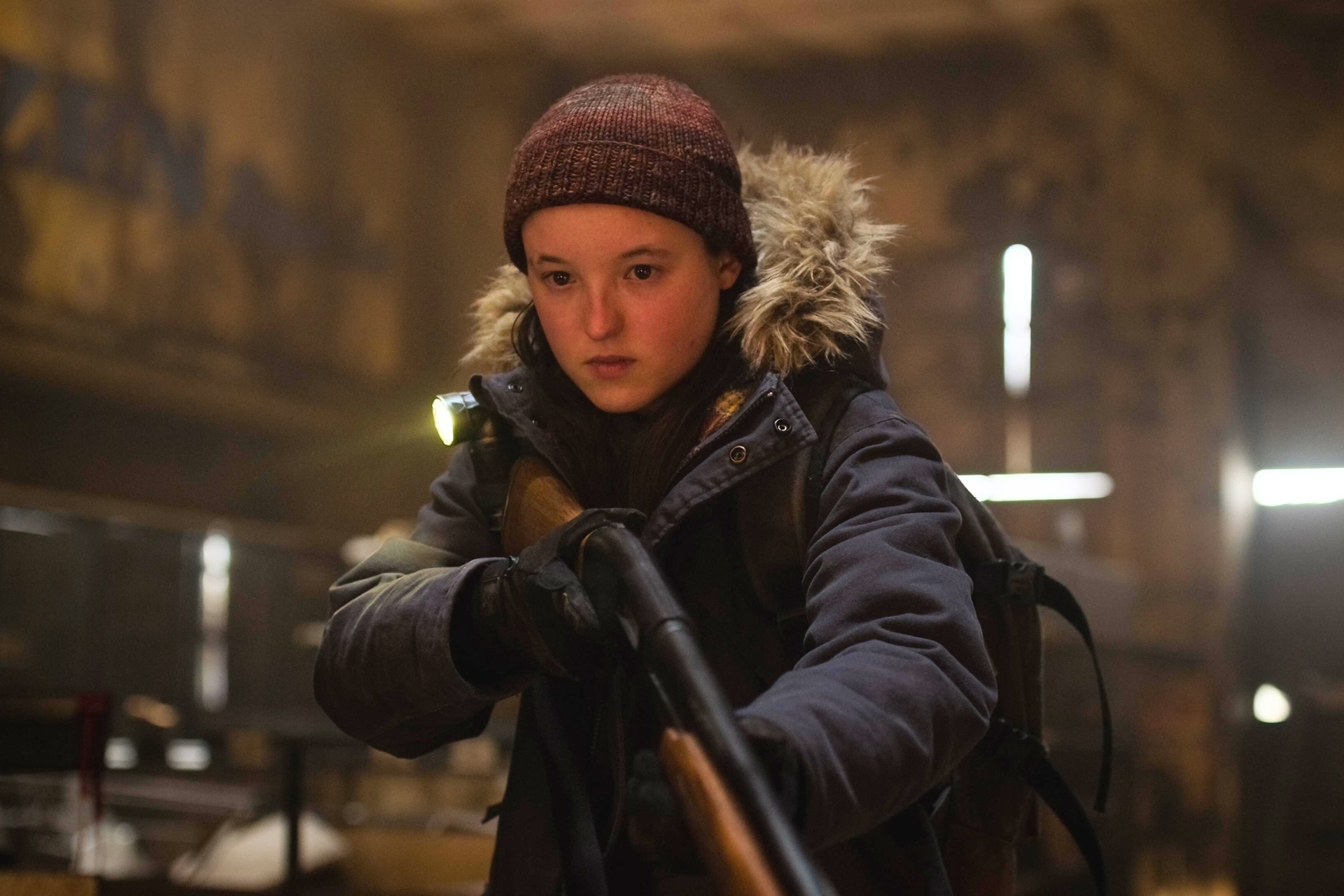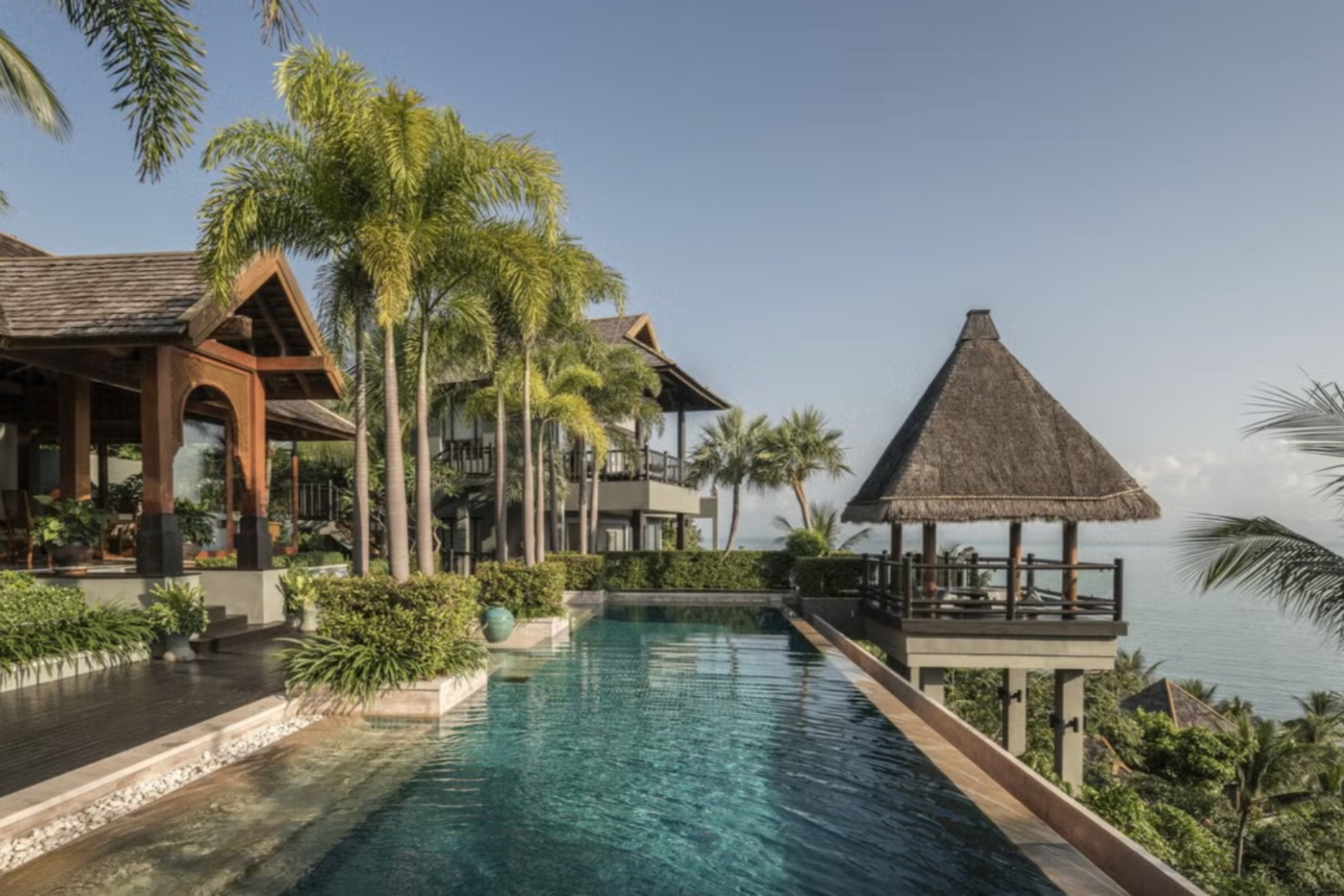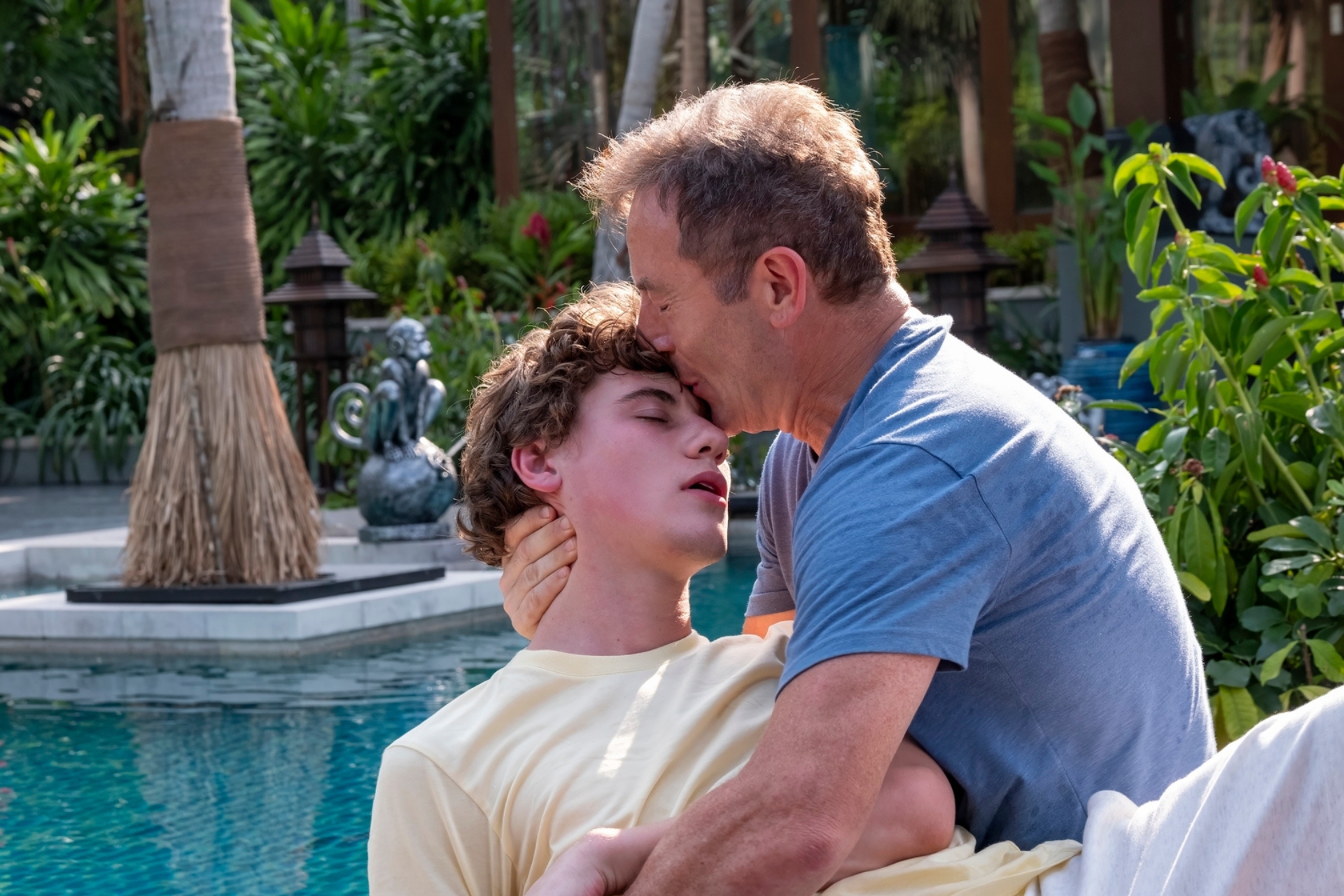Has ‘The White Lotus’ ruined resort holidays?
The HBO drama manages to make resort vacations at once desirable and repulsive. As Esquire columnist Ben Jhoty discovered recently, that uneasy dynamic means a luxury escape is a more complicated business these days
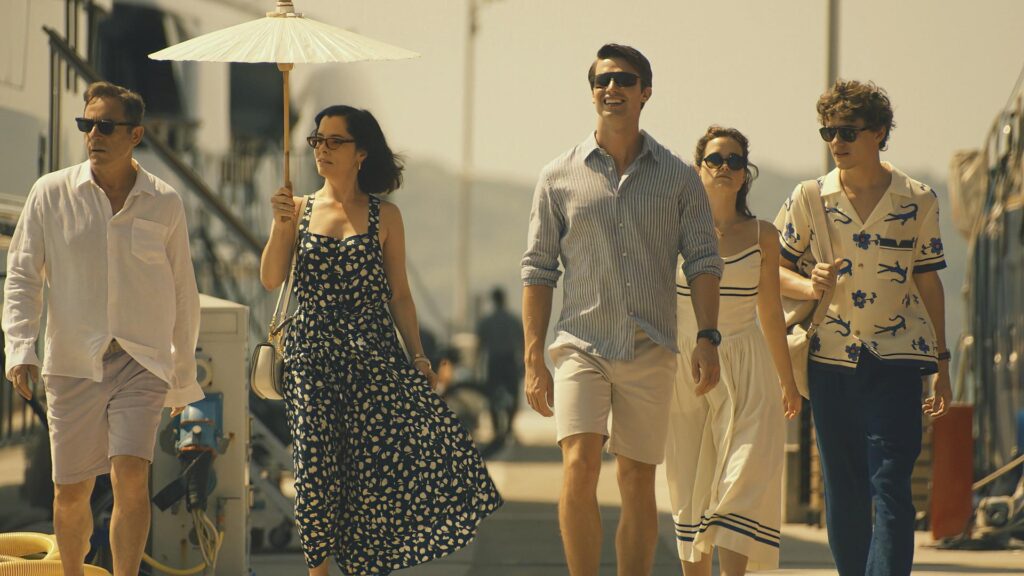
I WAS ORDERING a glass of the local Phoenix beer from my cabana at a 5-star resort on the west coast of Mauritius last week, when I felt, not for the first time on my stay, like a character in The White Lotus.
I was about to tap my credit card to pay for the drink, when the young, handsome waiter said, “Something for your boy?” At first, I was confused, unsure if he had mistaken my daughter, who was sitting on the adjacent cabana, for a boy. I went ahead and tapped before realising that by using ‘your boy’, the waiter was colloquially referring to himself.
As I had already tapped, I scrounged in my pocket and retrieved a 100 Mauritian Rupee note (about $3AUD) and handed it over, a little embarrassed that I hadn’t thought to tip him in the first place – after all, the guy was probably making minimum wage and relies on tips from cashed up Westerners sunning themselves by the pool, to get by. The waiter was probably equally embarrassed that he’d had to ask for the tip, when most guests probably do it without thinking, certainly not blinking.
Maybe I was overthinking the whole exchange, but what else is there to do to avoid the ennui that sets in after hours by a pool in a tropical paradise? I noted that the waiter proceeded to thank me and smile every time he saw me for the rest of that day, though I also clocked that the next day the warmth had dried up – understandably so, as I hadn’t bought any more drinks.
Read Esquire’s recap of the latest episode of ‘The White Lotus’:
‘The White Lotus’ season 3, episode 4 recap: what are you hiding and seeking?
I related some of this to my wife, commenting that The White Lotus was messing with my head and clouding my experience of this luxury resort. I’d felt it from the moment we arrived, in ways I hadn’t felt on previous holidays, before the show aired. Did the warm smiles of the staff crack around the edges, disappearing altogether the moment we exited their field of vision. Was their overt solicitousness a well-drilled KPI? Did they resent us and our privilege, maybe even despise us, collectively casting us as cashed-up Westerners with first-world complaints, often brusquely, occasionally rudely voiced. These questions bobbed around my brain throughout my stay and while I had perhaps ruminated on them before on some level, I believe I have The White Lotus to thank for bringing them to the fore.
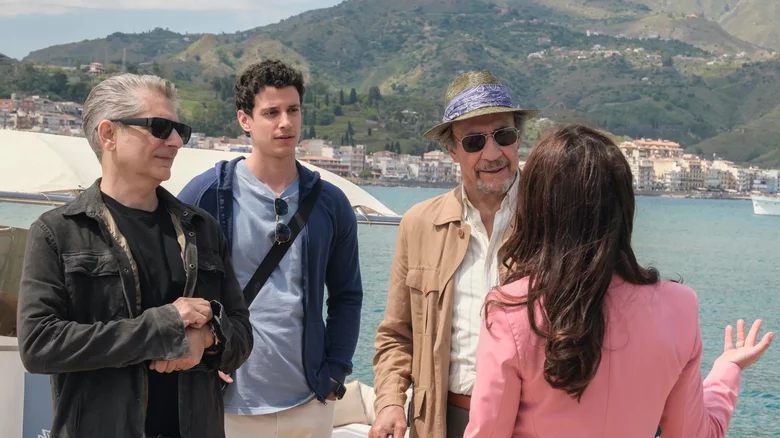
What kind of characters would me and my family be if we were, in fact, cast in a stylised, thinking-person’s whodunnit set in a tropical idyll, I wondered. As I was travelling with my family and my parents, my dad having grown up here in Mauritius, the closest comp for us is probably the Di Grassos, the trio from different generations of an Italian American family from season two, who are returning to Sicily to trace their roots.
Fortunately, my family aren’t plagued by the sexual unrest that haunted that trio, though I would say my dad and I wrestled with some similar father-son angst that mostly bubbled over as we navigated Mauritius’ serpentine roads and hellish traffic. My dad, who is 79 and had driven on all of our previous visits to the island, probably resented giving up the patriarchal control being behind the wheel bestows on the driver, to his son. Thus, he felt the need to direct me at every turn, even though the calm instructions of the female-voiced sat-nav were guiding our passage clearly enough, at least in my view.
Further entrenching the increasingly oppressive White Lotus fug that was hanging in the air, on day three of our trip we noticed a bunch of security guards, stationed like sentries, outside one of the hotel rooms. I glanced though the open door, looking for signs of criminal activity.
“Have we got our dead body?” I remarked to my wife, tongue firmly in cheek. Would we all be suspects? She rolled her eyes, not for the first time, opening up the possibility of marital discord as a potential plot point on our holiday. Did my wife’s gaze linger a little too long on the sculpted torso of the guy handing over our pool towels?
I looked around at the other guests, hoping for character flaws that could be exploited and baggage that might be expertly mined. Mostly French, the other guests didn’t offer a lot, though the South African man who sharply rebuked a waiter for attempting to pour his drink at the bar instead of in front of him at the cabana, “Where I can see you”, might have had some potential as a malevolent conman, or at least an LBH (loser back home), à la Greg-Gary.
This kind of meta-musing led me to further question the purpose of our visit – ostensibly the catalyst was a family wedding. But why were we staying at an upmarket hotel when our relatives would have gladly welcomed us into their homes? It seemed, perhaps, that while we wanted to connect with them, we also wished to keep them at arm’s length.
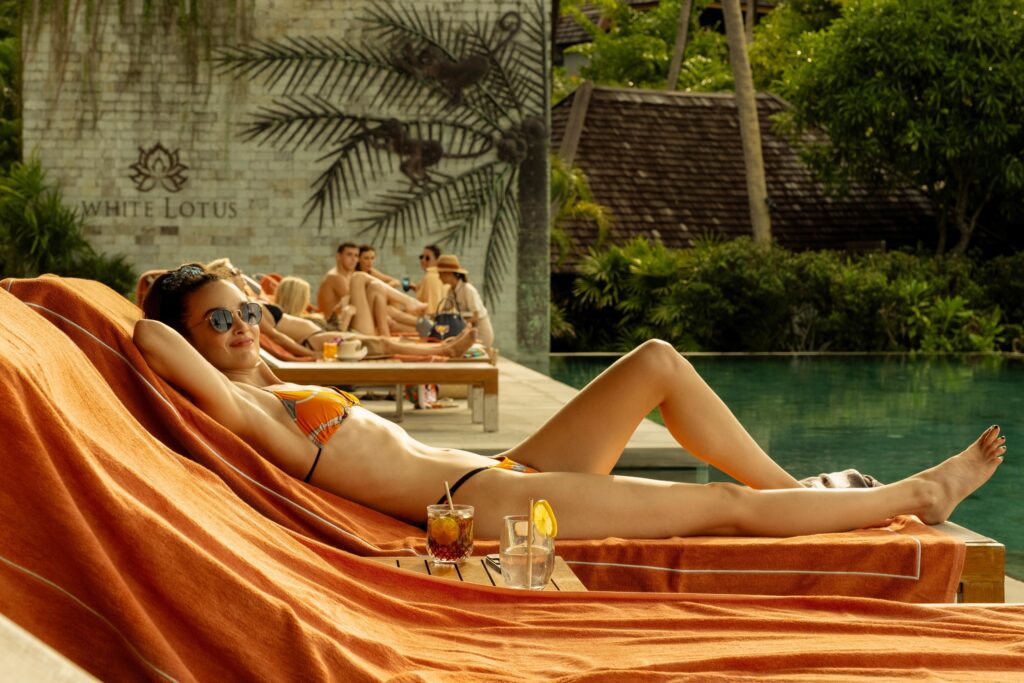
This led me to wonder about the ethics of staying at a five-star resort in what is still a third world country. On one hand, tourism is one of Mauritius’ key economic drivers, undergirding what’s been called the Mauritian miracle, a transformation that’s seen the country go from an underdeveloped economic backwater to become Africa’s richest country.
Without these resorts, the hotel staff wouldn’t have jobs. Indeed, I was almost envious of the pool staff as I watched them play keepy-uppy as the sun set by the pool, their duties largely over for the day. They had an easy camaraderie and looked to be genuinely enjoying themselves and their jobs.
Similarly, one of the girls who led my wife and mother in a Zumba class one morning became a genuine friend for the week, coming to chat with us at breakfast each day, my wife and her gossiping like old girlfriends. Of course, that invoked a little of the Tanya (Jennifer Coolidge) and Belinda (Natasha Rothwell) dynamic from season one. In case you missed it, after promising to invest in plans for Belinda’s spa clinic, Tanya ends up ditching her and casting her dreams aside, when Greg shows up.
But while island resorts certainly have their place, the economic chasm between guests and staff creates an uneasy dynamic that can make you feel, at the very least, self-conscious about staying there and, at worst, downright grubby. Occupying prime real estate on pristine beaches, resorts are essentially heavily patrolled (season three’s hapless Gaitok aside) gated communities for affluent Western tourists, crudely cut off from the rest of the island on which they’re situated by high walls and security checkpoints. Many guests never leave their boundaries, and thus, don’t see much of the country beyond the route to the airport, nor meet its people or truly experience the local culture.
The White Lotus has been both praised and criticised for attempting (largely succeeding in my view) to have it both ways. On one hand, the exotic locations of the resorts on show in Maui, Sicily and Ko Samui, respectively, are desirable, serving as post-card perfect travel porn. On the other hand, the show’s critique of its privileged guests is savage, with few characters spared. Some critics feel that in its quest to illustrate the economic imbalance between clientele and staff, the show goes too far in glamorising resort holidays – bookings for Sicily’s San Domenico Palace and Ko Samui both skyrocketed in the show’s wake, in what’s been termed the ‘White Lotus effect’.
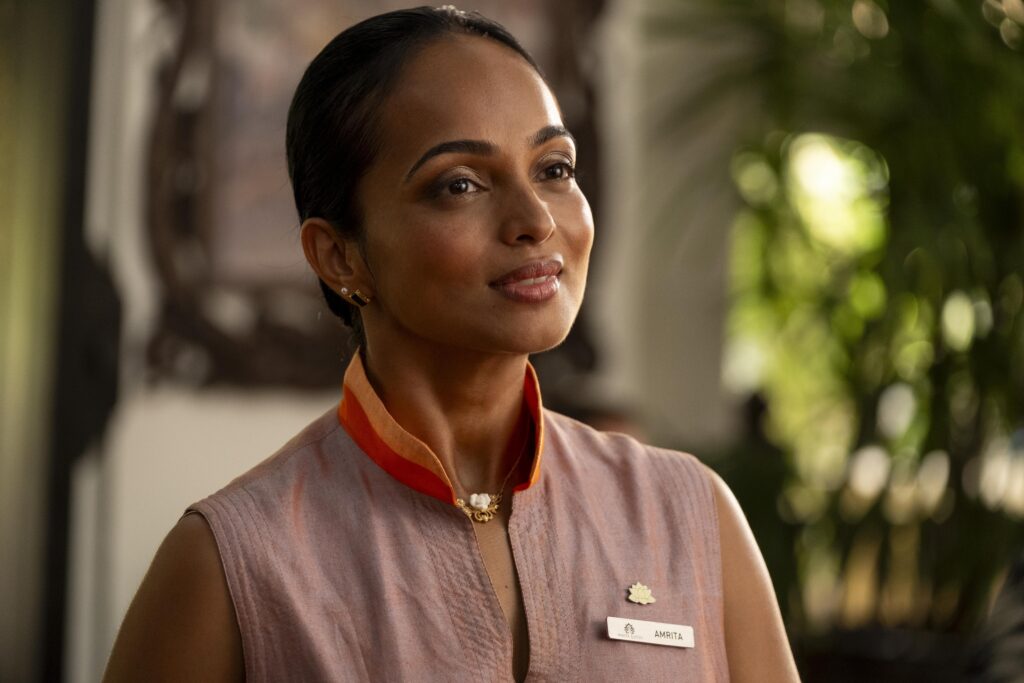
I would argue that through three seasons this tension has been key to the show’s success and that it has skilfully navigated the delicate balance between satire and aspirational yearning, some feat given its pulpy plot lines.
The show’s creator, Mike White, who’s obviously fascinated by the clashing dynamics his exotic settings throw up, commented on the angst a resort holiday can induce in the traveller: “You go to these places where you’re supposed to be escaping from all of the problems of the world, and you realise you can’t really escape them,” he told the Los Angeles Times. “The sense of unease you feel is almost amplified in places where you’re supposed to feel so relaxed.”
After my week-long stay in a luxury resort, I’m inclined to agree, though, as we entered the weekend, I was heartened to see more locals checking in. Similarly, there were a few Indian guests; it wasn’t all just sozzled Westerners slowly baking themselves by the pool.
Perhaps that made me feel a little less conflicted about staying there, though I still found myself hoping for some cloak and dagger intrigue, or perhaps some ‘high-end gays’ to liven things up a little. Because that’s the other thing The White Lotus has done. If nothing untoward happens on your stay, you can feel a little short changed.
Related:
‘The White Lotus’ season 3, episode 4 recap: what are you hiding and seeking?









